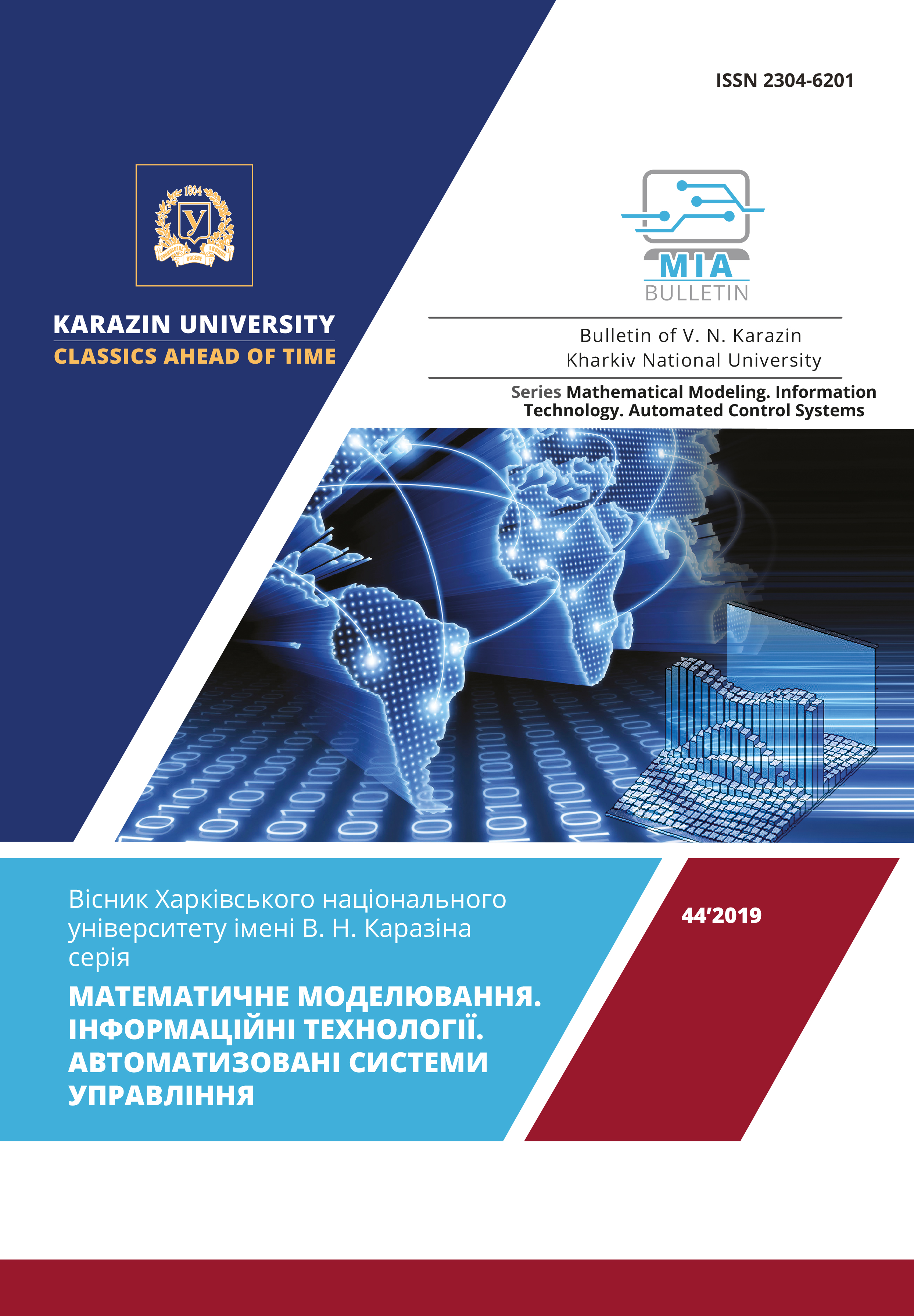Alternative evolution of strategies with memory
Abstract
Within the generalized prisoner's dilemma, the evolution of a population with a complete set of behavioral strategies limited only by memory depth has been examined. Evolution considers the pairing of strategies, in accordance with the iterated prisoner's dilemma. In doing so, each strategy interacts with each, including itself. Each subsequent generation of the population consistently loses the most profitable behavior strategies of the previous generation. Increasing population memory has been shown to be evolutionarily beneficial. The winners of evolutionary selection consistently are the agents with maximum memory. The concept of strategy complexity has been introduced. Collective variables are introduced to obtain the average of the family of strategies and their changes over time are studied. Strategies that succeed in natural selection have been shown to have maximum or near maximum complexity. An alternative evolution of a family of strategies limited only by memory depth is considered. In each generation, a strategy that maximizes the point of evolutionary benefits is removed from the family. Such an alternative evolution leads to significant changes in the family compared to the normal evolution. In some ways, alternative evolution maintains maximum memory depth and complexity even more than normal evolution. The main difference is the stationary strategies being absolute aggressive against each other. The stationary family is formed by the strategies being the most aggressive towards each other. Memory depth and complexity of strategies, as in normal evolution, are evolutionarily beneficial properties. The universal relation between the aggressiveness of the population and the number of points of evolutionary advantages that the strategy receives on average per turn is considered. On the whole, the universal link between average aggression and the number of strategy payoffs per turn is maintained.
Downloads
References
/References
J.W. Weibull, Evolutionary Game Theory. MIT Press, Cambridge, MA, 1993.
M.A. Novak, Evolutionary Dynamics. Cambridge, Massachusetts, 2006.
J.C. Claussen, Discrete stochastic processes, replicator and Fokker-Planck equations of coevolutionary dynamics in finite and infinite populations, Banach Center Publications 80, 17–31, 2008.
R. Axelrod, The Evolution of Collaboration, Basic Books, New York,1984).
V. M. Kuklin, A. V. Priymak, V. V. Yanovsky, “The influence of memory on the evolution of populations”. Visnik of the Kharkiv National University named after V. N. Karazin, series “Mathematical Modeling. Information technology. Automation of the control system, v.29, p.41-66, 2016. [in Russian]
V. M. Kuklin, A. V. Priymak, V. V. Yanovsky, “Memory and evolution of communities”, Visnik of the Kharkiv National University named after V. N. Karazin, series “Mathematical Modeling. Information technology. Automation and control systems”, v.35, p.38-60, 2017. [in Russian].
V.M. Kuklin, A.V. Priimak, V.V. Yanovsky, “Evolution of strategy communities with sources available”, Visnik of the Kharkiv National University named after V. N. Karazin, Series Mathematical “Modeling. Information technology. Automation and control systems”. v. 36, p. 68-84, 2017. [in Russian].
Вейбулл Дж. У. Эволюционная теория игр. MIT Press, Cambridge. MA.1993.
Новак М.А. Эволюционная динамика. Кембридж, Массачусетс. 2006.
Claussen J.C. Дискретные стохастические процессы, уравнения репликатора и Фоккера-Планка коэволюционной динамики в конечных и бесконечных популяциях. Banach Center Publications 80. 2008. 17–31.
Аксельрод Р., Эволюция сотрудничества Basic Books. Нью-Йорк. 1984.
Куклин В.М., ПриймакА.В., Яновский В.В. Влияние памяти на эволюцию популяций. Вiсник Харкiвського нацiонального унiверситету iменi В. Н. Каразiна, серiя «Математичне моделювання. Iнформацiйнi технологiї. Автоматизованi системи управлiння» т.29. 2016. с.41–66.
Куклин В.М., ПриймакА.В., Яновский В.В. Память и эволюция сообществ, Вiсник Харкiвського нацiонального унiверситету iменi В. Н. Каразiна, серiя «Математичне моделювання. Iнформацiйнi технологiї. Автоматизованi системи управлiння».v.35. 2017. c.38–60.
Куклин В.М., ПриймакА.В., Яновский В.В. Эволюция сообществ стратегий при наличии источников, Вiсник Харкiвського нацiонального унiверситету iменi В. Н. Каразiна, серiя «Математичне моделювання. Iнформацiйнi технологiї. Авто- матизованi системи управлiння». v.36. c.68–84., 2017.




